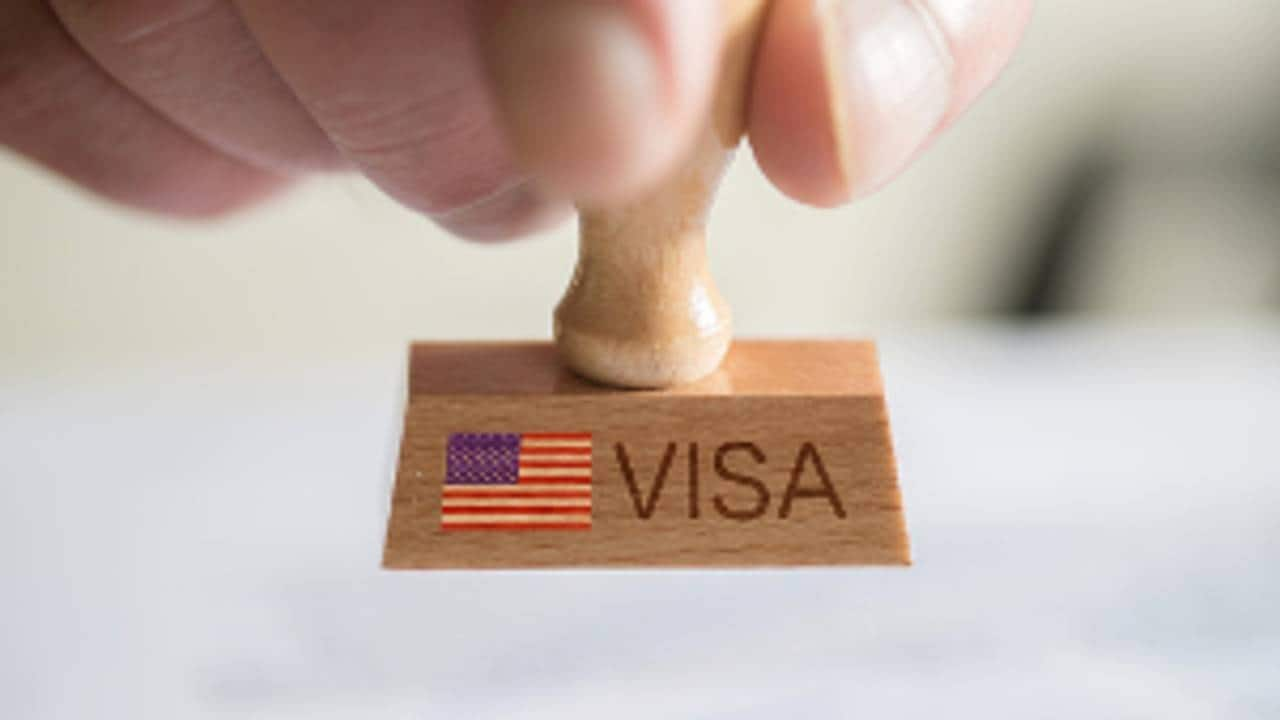
Indian tech firms secure 20% of US H-1B visas: Report
What's the story
Indian-origin tech companies have bagged nearly 20% of all H-1B visas issued by the US, a recent analysis of data from the US immigration department has found. The report notes that Infosys and Tata Consultancy Services (TCS) lead the pack. Between April and September 2024, 24,766 out of a total of about 130,000 H-1B visas granted to various employers went to Indian-origin firms.
Top beneficiaries
Infosys and TCS lead in H-1B visa allocation
Among Indian-origin companies, Infosys was the biggest beneficiary with 8,140 visas. It was followed by TCS with 5,274 visas and HCL America with 2,953. However, Amazon Com Services LLC outdid all other companies by getting 9,265 visas in this period. Cognizant Technology Solutions Corp., which was founded in Chennai but is now based in New Jersey, was third with 6,321 visas.
Tech sector
Indian firms' significant role in H-1B visa program
The H-1B visa program allows US companies to employ foreign workers on a temporary basis in specialized fields. Indian companies have been the biggest beneficiaries of the program, particularly in the technology sector. Leading Indian IT services companies like TCS, Infosys, Wipro, and HCL Technologies have always been among the top employers of H-1B visa holders.
Visa allocation
Wipro and Tech Mahindra's H-1B visa grants
Wipro, which got a lesser number of H-1B visa grants this time, held a total of 1,634. Tech Mahindra wasn't far behind either, having been granted 1,199 visas in the same period. The future of the H-1B visa program will likely hinge on balancing US businesses' needs for skilled labor with broader immigration policy reforms.
Industry backing
Musk and Trump support H-1B visa program
Incidentally, Elon Musk, a former H-1B visa holder himself, has openly supported the tech industry's reliance on foreign workers. In a post on X on December 28, Musk emphasized the need to welcome people from all walks of life who contribute to the US through hard work. His position was backed by President-elect Donald Trump, who had limited the program in 2020 but now appears to support it wholeheartedly.